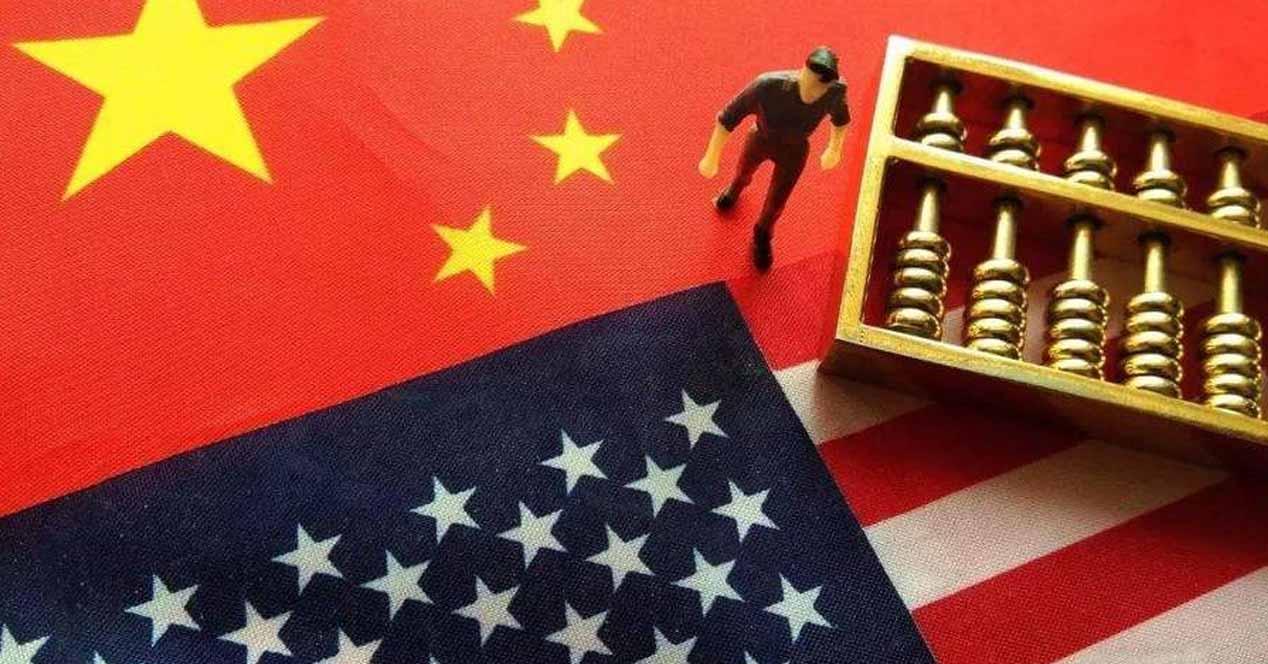China and the United States have been engaged in a trade war for months in which, in reality, only the United States is attacking. It all started with the ban on certain companies in the country claiming to have links or relations with the popular liberation front from the Asian country, something that might make sense due to issues of illegal funding and the like, but now the extension of that ban Biden signed appears to be simply to add fuel to the fire in a war that appears to be have no end.
New US law already bans 59 Chinese companies
The new order significantly expands the original order issued in November last year by the government of former US President Donald Trump, which initially applied to 31 Chinese companies alleging ties to the Chinese military. However, Wall Street investors were really very confused as this investment ban was not accompanied by any implementing directive i.e. they issued a ban but did not indicate How to implement it.
The U.S. official explained that Biden’s order would ensure that the investment ban has tougher legal power and long-term sustainability so that companies on this expanded list do not escape enforcement, such as Xiaomi or Luokung Technology Corp.
As of August 2, the list of Chinese companies banned by the United States will include many companies mentioned in Trump’s list, such as Chinese semiconductor giants Huawei or SMIC. The three major Chinese domestic mobile operators (China Mobile, China Telecommunicati ons and China Unicom) are also on the new list, implying that for the US government virtually all major Chinese companies are linked to the military.
On June 3, Chinese Foreign Ministry spokesman Want Wenbin said the United States’ decision to establish a ban on investing in so-called People’s Liberation Army-related companies was a “total disregard for the facts”. The measure seriously disrupted the rules and normal order of the market and, moreover, undermined the legal rights and interests of Chinese companies and harmed the interests of global investors, including the United States.
How will this affect the hardware market?
For now, the ban simply prohibits American investors from investing in shares of Chinese companies, but it does not prevent those companies from continuing to operate in North America. However, the fact that on Wall Street it is not possible to invest in these companies and, more importantly, that those who owned shares were forced to sell them because they also prohibited owning any , caused these companies to collapse in the stock market, greatly negatively affecting your financial performance.
The most immediate consequence of these actions is the rise in the prices of products to compensate for these financial losses, as well as the reduction of their production volume in order to avoid more. In the end, this trade war between the United States and China further exacerbates the chip shortage that the market has been experiencing for months, resulting in supply still not meeting demand and users unable to access. buy the products that we need or want, or that those who are “lucky” to do so must pay inflated prices.
At the end of the day, this trade war doesn’t benefit anyone and, in fact, it’s the users who ultimately lose out no matter what.









